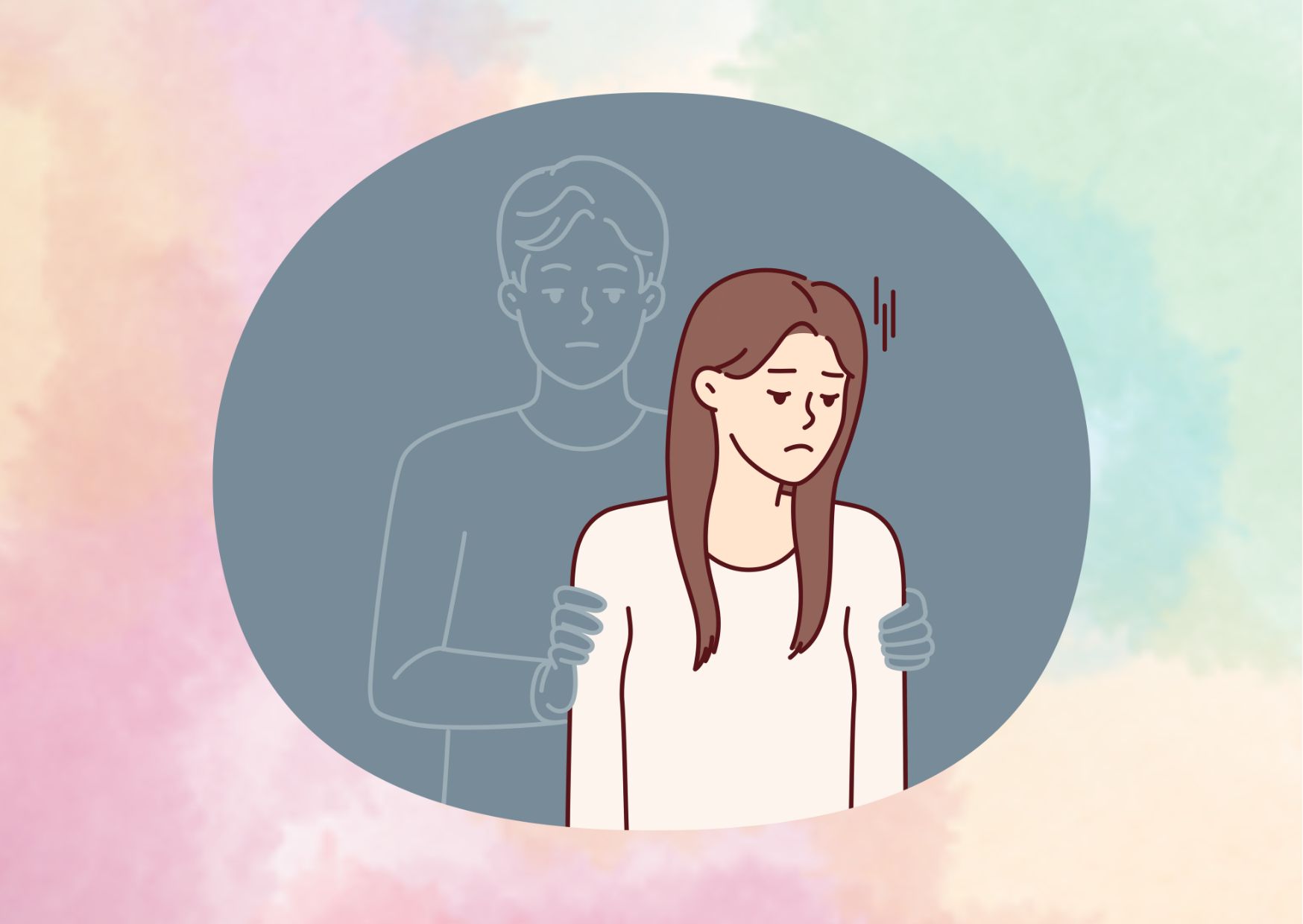Missing Your Ex: 10 Steps to Move Forward
Breakups are incredibly difficult, leaving us grappling with a whirlwind of emotions and a deep longing for your ex. Whether the relationship ended amicably or on a sour note, missing your former partner is a natural response that can be overwhelming. From constantly dreaming about them to feeling crushed when they move on, the pain of a breakup can be all-consuming, leaving you wondering why you still miss your ex so much, even when you know the relationship has run its course.
This article delves into the complex emotions surrounding the loss of a romantic relationship and provides a step-by-step guide to help you navigate the healing process. We’ll explore the reasons behind the intense yearning for your ex, offer strategies to process the grief healthily, and provide insights on how to gradually move forward, whether your goal is to rekindle the connection or embark on a new chapter in your life.
Why Do You Miss Your Ex?
Missing your ex-partner after a breakup is a natural and common experience. The reasons behind this intense longing can be multifaceted and deeply rooted in our emotional and psychological makeup.
Emotional Connections
Emotional connections are often the most difficult to let go of when a relationship ends. You may miss the deep bond, intimacy, and sense of belonging you shared with your ex. The familiarity and comfort they provided can leave a void that’s challenging to fill, leading to a profound sense of loss and yearning for their presence.
Daily Routines
Daily routines and habits that you built together can be hard to break. Simple things like sharing meals, watching TV, or going to the gym together may leave you feeling lost or lonely without your partner. These familiar patterns become ingrained in our lives, and their absence can trigger a strong desire for the person who once filled that space.
Shared Memories
Shared memories and experiences can make it hard to move on. You may miss the laughter, inside jokes, and special moments you created together over the course of your relationship. These cherished memories serve as reminders of the happiness and connection you once shared, making it difficult to let go of the past.
Your ex provided you with familiarity, comfort, and a sense of security. The relationship became a part of your identity, and when it ended, a piece of you went with it. The loss of that secure feeling, the inside jokes, rituals, and intimate knowledge you shared can leave a profound void, causing you to yearn for what you once had.
Moreover, if you were in a long-term relationship, you likely grew accustomed to having a romantic and sexual partner. The absence of that companionship and physical intimacy can be deeply unsettling, as these are fundamental human needs that were once fulfilled by your ex.
Allow Yourself to Grieve
The process of healing from a breakup is akin to grieving the loss of a significant relationship. It’s essential to acknowledge and embrace the myriad emotions that arise during this challenging time. Experts emphasize the importance of allowing yourself to experience the sadness, anger, and pain that come with the end of a meaningful connection.
Acknowledging Your Feelings
Acknowledging your feelings and normalizing the variety of emotions experienced in this process is key to allowing yourself to heal. Dr. Tricia Wolanin, Psy.D., a clinical psychologist, explains, “We have to allow the sadness to arise, to let the tears come. Share this with your support system. Allow yourself to cry and get it out. There may be moments of anger: take time to yell, dance it out, paint, journal, run, create a fiery playlist [and just] do whatever you need to do to release this.”
It’s perfectly normal to feel a range of emotions, from heartbreak and loneliness to anger and confusion. Crying provides a release that can improve your mood and help you feel better in the long run. As Jackie Krol, LCSW, notes, “It’s also ok to just sit in your feelings and let yourself feel bad. Letting yourself have feelings is healthy even if other people might not see it that way. Crying, wallowing, and acknowledging pain is sometimes the best medicine.”
Giving Yourself Time
Healing after a breakup takes time, and it’s crucial not to get mired down in this stage of the healing process. You need to allow yourself some time to process what happened, but remember that this process looks different for each individual. As Dr. Limon-Rocha explains, “There is no linear path in the face of grief, such as in the loss of a relationship, and this journey to healing can be highly variable.”
While some experts suggest being single for at least as long as the duration of the relationship, there is no definitive timeline for healing. Kisha Walwyn-Duquesnay, LPC-S, emphasizes, “There really is no magic number. You should take as much time as you need to heal, and that’s different for everyone.”
The grieving process is highly subjective, and the issues you’re grappling with from the relationship play a significant role in how you respond. Elena Jackson, LPC, notes that how we respond to “failure, rejection, and abandonment” also influences the mourning process. Be patient and compassionate with yourself as you navigate this challenging transition.
Focus on Self-Care
Nurturing your physical and mental well-being is crucial during the healing process after a breakup. By prioritizing self-care, you can replenish your energy reserves and cultivate a positive mindset, which will aid in your emotional recovery.
Physical Health
A breakup can take a toll on your physical health, leading to changes in eating habits, reduced motivation, anxiety, and depression. To mitigate these effects, it’s essential to maintain a balanced diet and engage in regular exercise. Even gentle activities like stretching, yoga, or taking a walk outside can help release tension and boost endorphin levels, improving your overall mood.
Adequate sleep is also vital for processing emotional stress. Aim for 7-9 hours of restful sleep each night, and consider taking a short nap during the day if you feel fatigued. Staying hydrated by drinking water throughout the day can also contribute to your overall well-being.
Mental Wellbeing
In addition to caring for your physical health, nurturing your mental well-being is equally important. Engage in activities that bring you joy and relaxation, such as watching your favorite TV show, listening to soothing music, or indulging in a small treat. Journaling can also be a therapeutic outlet for organizing your thoughts and emotions.
Surrounding yourself with a supportive social circle can provide comfort and distraction during this challenging time. Reach out to friends and family, or consider joining a support group to connect with others who understand what you’re going through.
New Hobbies
The end of a relationship often leaves a void in your daily routine and free time. Filling this gap with new hobbies or activities you’ve always wanted to pursue can be a rewarding form of self-care. Consider taking a class, learning a new skill, or exploring a creative outlet like painting, writing, or playing an instrument.

